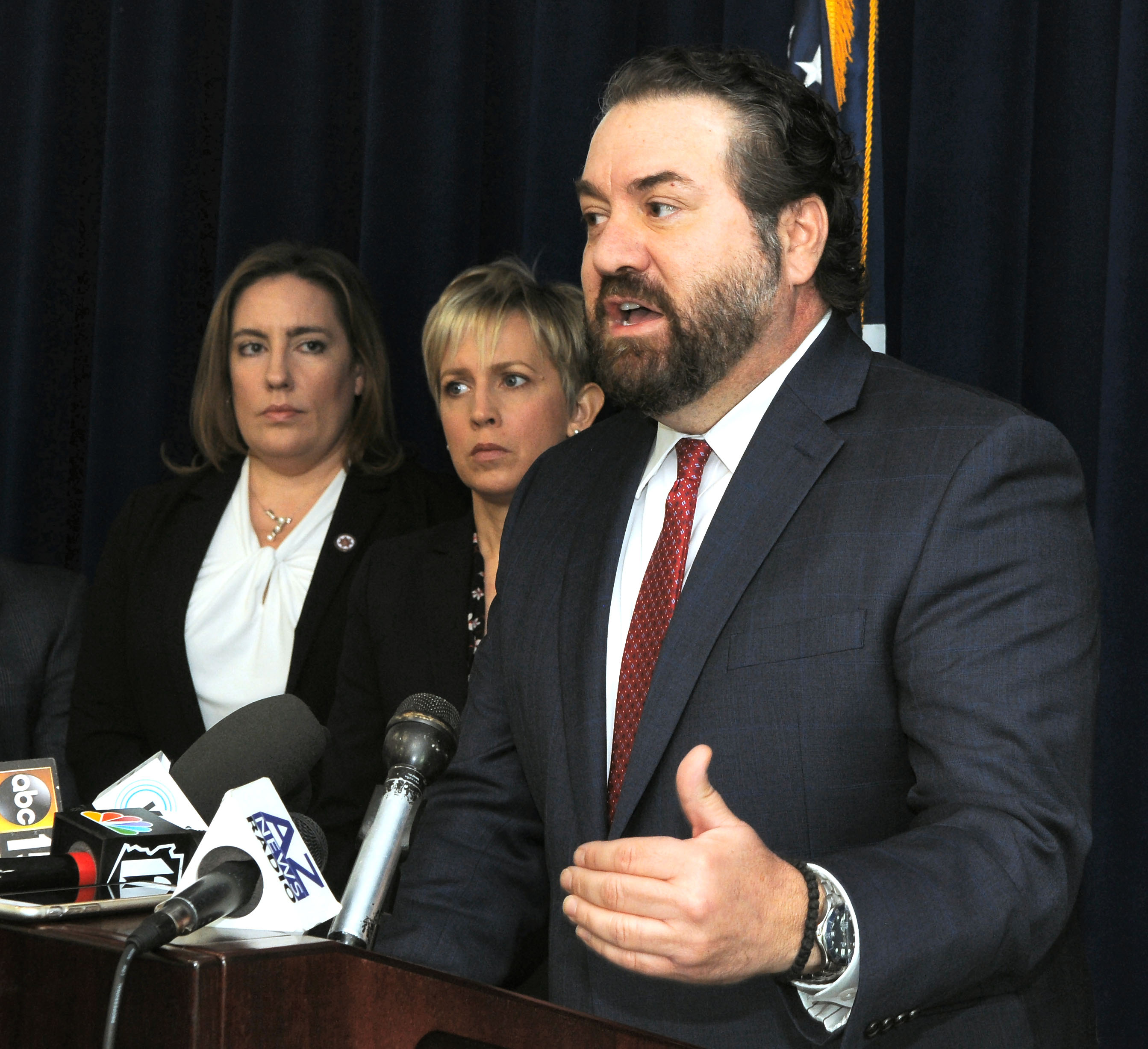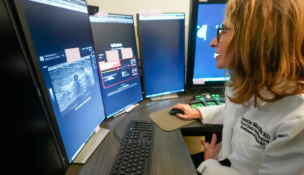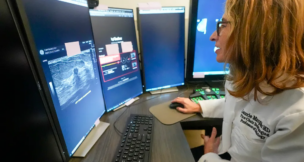Lawmakers want to raise their pay from $24,000, increase per diem
Jakob Thorington Arizona Capitol Times//April 4, 2025//
Lawmakers want to raise their pay from $24,000, increase per diem
Jakob Thorington Arizona Capitol Times//April 4, 2025//
The Arizona House of Representatives may soon vote on two different proposals that would increase the salaries of state legislators.
The House Appropriations Committee passed Senate Concurrent Resolution 1003 on March 31, which would adjust the annual $24,000 salary of state lawmakers to inflation or deflation. That resolution now joins Senate Bill 1061, a measure which would increase per diem payments for lawmakers, in a twin effort to raise the annual pay package for those in the Legislature.
Voters last approved to increase the salary for lawmakers to $24,000 in 1998. If SCR1003 makes it through the Legislature and onto the ballot, voters will get the chance to nearly double those salaries, with the proposed inflation adjustment equating to just under $47,000 in pay for 2025.
“I do not believe that when the voters approved our current $24,000 salary in 1998 that it was their intention that today, in 1998 dollars, we would be making the equivalent of $11,000 or $12,000,” said Sen. John Kavanagh, R-Fountain Hills, the sponsor of the resolution.
Most legislators have supported the measure. It got through the Senate 22-5 and passed the House Appropriations Committee 14-3, with Reps. Stacey Travers, D-Tempe; Justin Olson, R-Mesa; and Matt Gress, R-Phoenix, voting against it.
Travers proposed a similar measure after incorporating part of a bill she ran in previous sessions. That legislation would have raised the pay of lawmakers, but also enacted lifetime term limits to get rid of the workaround of a lawmaker running for office in the other chamber after reaching the current 8-year term limit. Kavanagh, however, said he felt those were two different issues that voters should consider separately.
“Given the budget shortfall, (and) potentially the optics of giving ourselves a pay raise when we’re fighting to claw state priorities, I think could be a little difficult to overcome,” Travers said. “I don’t know if voters think we deserve a pay raise.”
Supporters of a pay increase argue it would make the Legislature more representative of the average Arizonan since the low salary and time commitment of being a lawmaker can potentially hinder candidates interested in office if they have to rely on another job for their income.
Former state Sen. Eva Burch of Mesa resigned in March and cited the low pay as one of the reasons for her departure from the Legislature.
“Many people are not able to make it work at all,” said Rep. Kevin Volk, D-Tucson. “You have the travel, an unpredictable schedule, and we functionally exclude all sorts of normal, everyday Arizonans from being able to serve.”
The Appropriations Committee also passed SB1061, which received a late striker amendment from Rep. David Livingston, R-Peoria, that would increase daily per diem payments for Maricopa County lawmakers’ travel expenses from the current $35 a day during the first 120 days of a regular session to $200. If approved by the Legislature, SB1061 would not go to the voters but would instead be sent to the governor.
Lawmakers who reside outside the county make more in per diem payments, which is currently just over $200 daily, or 80% of the annual federal per diem rate set by the U.S. General Services Administration. Livingston said he didn’t believe that system was fair, as some lawmakers are making up to three times more combined pay than legislators in Maricopa County.
“I think there’s discrimination happening currently (in) the way members of this body and the Senate are paid,” Livingston said. “This needs to be fixed.”
SB1061 may still see some changes as it goes through the House, and Livingston has stated he is open to using a different percentage of the federal per diem rate and to changing the number of days when the per diem rates would lower.
Currently, after 120 days of regular session, per diem payments decrease to 50% of the federal rate for lawmakers who reside outside of Maricopa County and to $10 for their Maricopa County colleagues.
The bill passed 10-7 in the House Appropriations Committee. Gress and Olson voted against the measure as did all Democrats on the committee aside from Volk.
“I am in favor of recognizing all of the costs whether they’re direct costs like rental or household-related costs, but also the costs of time,” Volk said.
Rep. Mariana Sandoval, D-Goodyear, also represents parts of Pinal, Pima and Yuma counties in the large Legislative District 23. She said the per diem disparity greatly affects her, but that she had constitutional concerns over the method of increasing lawmaker pay through per diem payments.
Livingston said he also supported raising the salaries for state-elected officials, including the governor, secretary of state, attorney general, treasurer, superintendent of public instruction and mine inspector. He is open to adding pay increases to those offices in his bill.
“It’s embarrassing how low we pay them to work year-round,” Livingston said.
Gov. Katie Hobbs’ annual salary in 2023 was $95,000, which ranked third-lowest in the country according to the Council of State Governments.













































